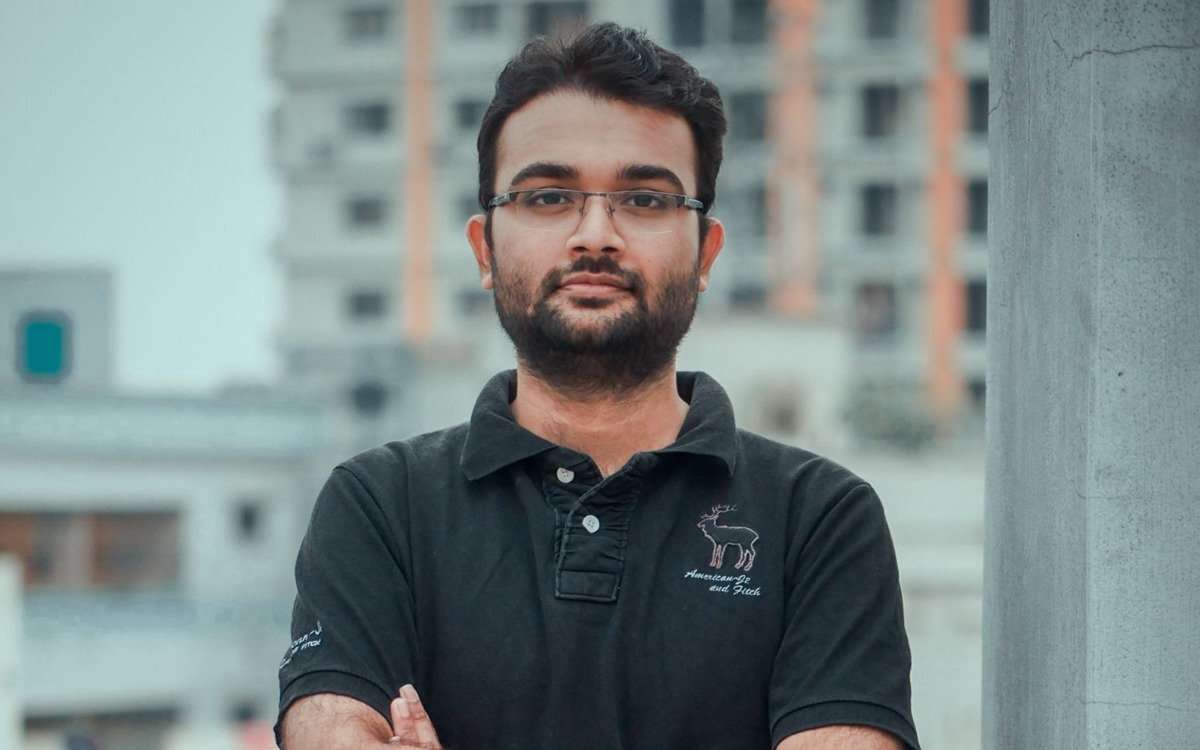
Shadman Majid is the co-founder, and CEO of Sohopathi, a Dhaka-based education technology company. Officially launched in 2019, Sohopathi runs an online education platform where students can take live courses from mentors for a fee and a free questions and answers platform where anyone can ask and answer questions for free.
In an interview with Future Startup published in 2021, Shadman shared some of the strategies, tactics, and lessons that have worked for Sohopathi and him as a founder of an early-stage company.
We have taken customer feedback seriously and iterated quickly based on the feedback. As I mentioned, our pricing was quite high before. We changed the pricing based on user feedback a couple of times. Almost every week, our co-founders dedicate a separate time for talking with the students and mentors personally, to understand and empathize with their pain points.
Second, we have always focused on tech and automation. Although we have a long way to go, we can scale things quickly because of the tech work we have done so far. Whenever we are faced with a problem, we try to come up with a technology-first solution. The combined skills of teaching and technology of our founding team help us enormously in this regard.
We use direct calls and SMS for sales. We run social media promotions and other activities to collect these numbers and then send SMS to these numbers. As I mentioned, we have a campus ambassador group from different high schools and colleges who help us. Our campus ambassador network is very robust and we already have over 1,000 ambassadors from different educational boards combined. We have dedicated Facebook groups for school level, college level, and university admission seekers. Using our strong ambassador network and social media groups, we have already built a community of 200,000 people.
There are different student groups on Facebook we have been doing a paid collaboration with of late. Under these partnerships, we offer these groups commissions for sales they generate. These groups are also a valuable and cost-effective resource for bringing in solid leads and regular recurring users.
In short, we are using a combination of direct sales, partnership, and ambassadorship.
Managing people is indeed a challenge. We have faced it. After months of struggle, we have been trying to find a balance. We have realized that it is more important to hire people who are willing to learn and stay with you for a long time than to hire super smart people who will not stay. We have been trying to find people who will stay with us, learn and grow, and around whom we can build teams.
Change in people is bad for early-stage companies. That's what we have found. The problem with hiring highly skilled people is that you can’t essentially incentivize them. It is hard to keep them motivated.
What we have found useful in terms of keeping the team in sync and motivated is keeping in touch regularly. We do it regularly — if not daily at least every two/or three days.
We arrange small celebrations for achievements big and small. Highlight people who are doing well while helping the ones who are struggling. We focus a lot on these things. We can't pay people a lot or offer a lot of benefits. We need to pay a lot of personal attention to our people. We try to do it.
I maintain a schedule daily and after a certain hour in the day, I stop working. I spend time with myself every day and it helps. I try to see things positively. When I'm not able to complete a task on schedule, instead of being self-critical I try to see the glass half-full.
The first lesson is that you can't afford to have an ego when you are building anything. In the early days, it was usually difficult to handle my ego. I have gradually learned not to take my feelings seriously. It is useful.
We often take longer than necessary to make decisions. We should make decisions faster. These two lessons stand out for me.
